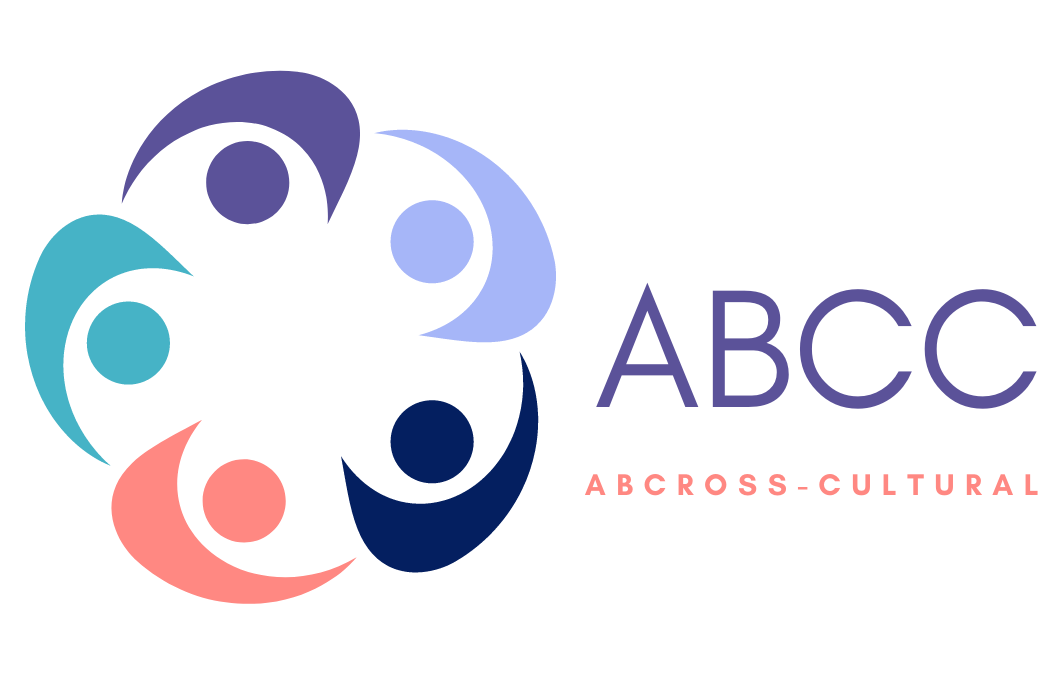Positive Psychology
The pursuit of happiness is one that humans have been working toward since the beginning of time. Yet the concept of “happiness” is often hard to accurately define.
This article will outline the PERMA model and the theory of well-being (by Abraham Maslow), created by the father of Positive Psychology, Dr. Martin Seligman in 1998. It provides practical ways to apply its components in your private practice or personal life.
Proactively working on the components of PERMA not only increases aspects of wellbeing, but also decreases psychological distress.
What Is Seligman’s PERMA Model?
The PERMA model stands for 5 key elements:
P – Positive Emotion
Positive emotion is much more than mere ‘happiness.’ Positive emotions include hope, interest, joy, love, compassion, pride, amusement, and gratitude.
When individuals can explore, savor, and integrate positive emotions into daily life (and visualizations of future life), it improves habitual thinking and acting. Positive emotions can undo the harmful effects of negative emotions and promote resilience
Ways to build positive emotion may include:
- Spend time with people you care about
- Do hobbies and creative activities that you enjoy
- Listen to uplifting or inspirational music
- Reflect on things you are grateful for and what is going well in your life
E – Engagement
Engagement, occurs when the perfect combination of challenge and skill/strength is found .
People are more likely to experience flow when they use their top character strengths. (do the test on Character strengths). Research on engagement has found that individuals who try to use their strengths in new ways each day for a week were happier and less depressed after six months
Ways to increase engagement:
- Participate in activities that you really love, where you lose track of time when you do them
- Practice living in the moment, even during daily activities or mundane tasks
- Spend time in nature, watching, listening, and observing what happens around you
- Identify and learn about your character strengths, and do things that you excel at
R – Positive Relationships
Relationships encompass all the various interactions individuals have with partners, friends, family members, colleagues, bosses/mentors/supervisors, and their community at large.
Relationships in the PERMA model refer to feeling supported, loved, and valued by others. Relationships are included in the model based on the idea that humans are inherently social creatures.
How to build relationships:
- Join a class or group that interests you.
- Ask questions of the people you don’t know well to find out more about them.
- Create friendships with people you are acquainted with.
- Get in touch with people you have not spoken to or connected with in a while.
M – Meaning
Another intrinsic human quality is the search for meaning and the need to have a sense of value and worth. It means belonging and/or serving something greater than ourselves. Having a purpose in life helps individuals focus on what is really important in the face of significant challenge or adversity.
Having meaning or purpose in life is different for everyone. Meaning may be pursued through a profession, a social or political cause, a creative endeavor, or a religious/spiritual belief. It may be found in a career or through extracurricular, volunteer, or community activities.
Ways to build meaning:
- Get involved in a cause or organization that matters to you
- Try new, creative activities to find things you connect with.
- Think about how you can use your passions to help others.
- Spend quality time with people you care about.
A – Accomplishments/Achievements/ Competence
A sense of accomplishment is a result of working toward and reaching goals, mastering an endeavor, and having self-motivation to finish what you set out to do. This contributes to wellbeing because individuals can look at their lives with a sense of pride.
Accomplishment includes the concepts of perseverance and having a passion to attain goals. Achieving intrinsic goals (such as growth and connection) leads to larger gains in wellbeing than external goals such as money or fame.
Ways to build accomplishment:
- Set goals that are SMART – specific, measurable, achievable, realistic, and time bound
- Reflect on past successes.
- Look for creative ways to celebrate your achievements.
